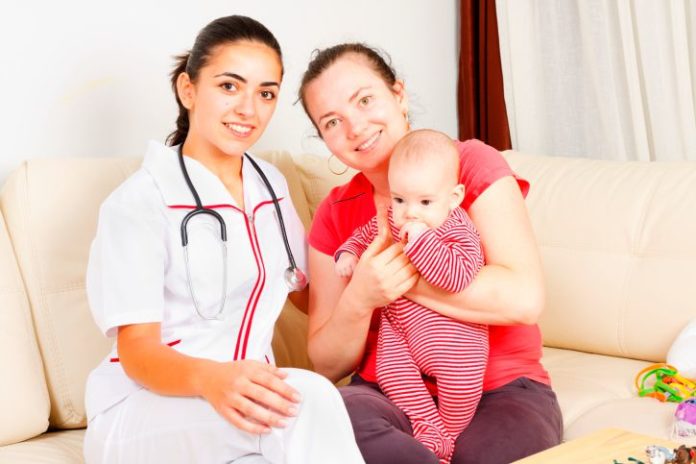New findings from La Trobe University and the Royal Women’s show one-to-one midwifery care improves women’s experience of childbirth
La Trobe University, with the Royal Women’s Hospital (the Women’s), have just published a study in An International Journal of Obstetrics and Gynaecology (BJOG) that found that women who receive care from a primary midwife are more likely to have a positive experience of childbirth.
The COSMOS trial – Comparing Standard Maternity care with One-to-One Midwifery Support – is the world’s largest clinical trial of its kind. More than 2,300 women at low risk of medical complications took part.
It also found that women who received care from a primary midwife coped better physically and emotionally and were less anxious during their labour and birth.
Women also felt an increase in control, better able to express their feelings and were more likely to report that they had a positive experience of their childbirth pain. They were less likely overall to report a very negative childbirth experience.
The primary midwife model (or ‘know your midwife’) involves women being looked after by the same midwife (or a back-up) throughout pregnancy, birth and in the early postnatal period.
The study’s lead author La Trobe Professor Helen McLachlan said the findings were significant.
‘The relationship that’s established between women and their midwife during pregnancy really appears to help build women’s sense of confidence in themselves which leads to a more positive birth experience’.
Co-author, Professor of Midwifery at the Women’s Della Forster said there’s now a large body of evidence showing primary midwife-led care has many benefits for mothers and babies.
‘This includes less medical intervention and improved childbirth experiences for women,’ Professor Forster said.
The study was the first trial of caseload midwifery in Australia and only the fourth internationally. The results will assist policy makers and maternity services in planning for future models of maternity care in Australia and internationally.
(Source: La Trobe University, An International Journal of Obstetrics and Gynaecology (BJOG))










